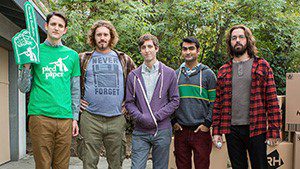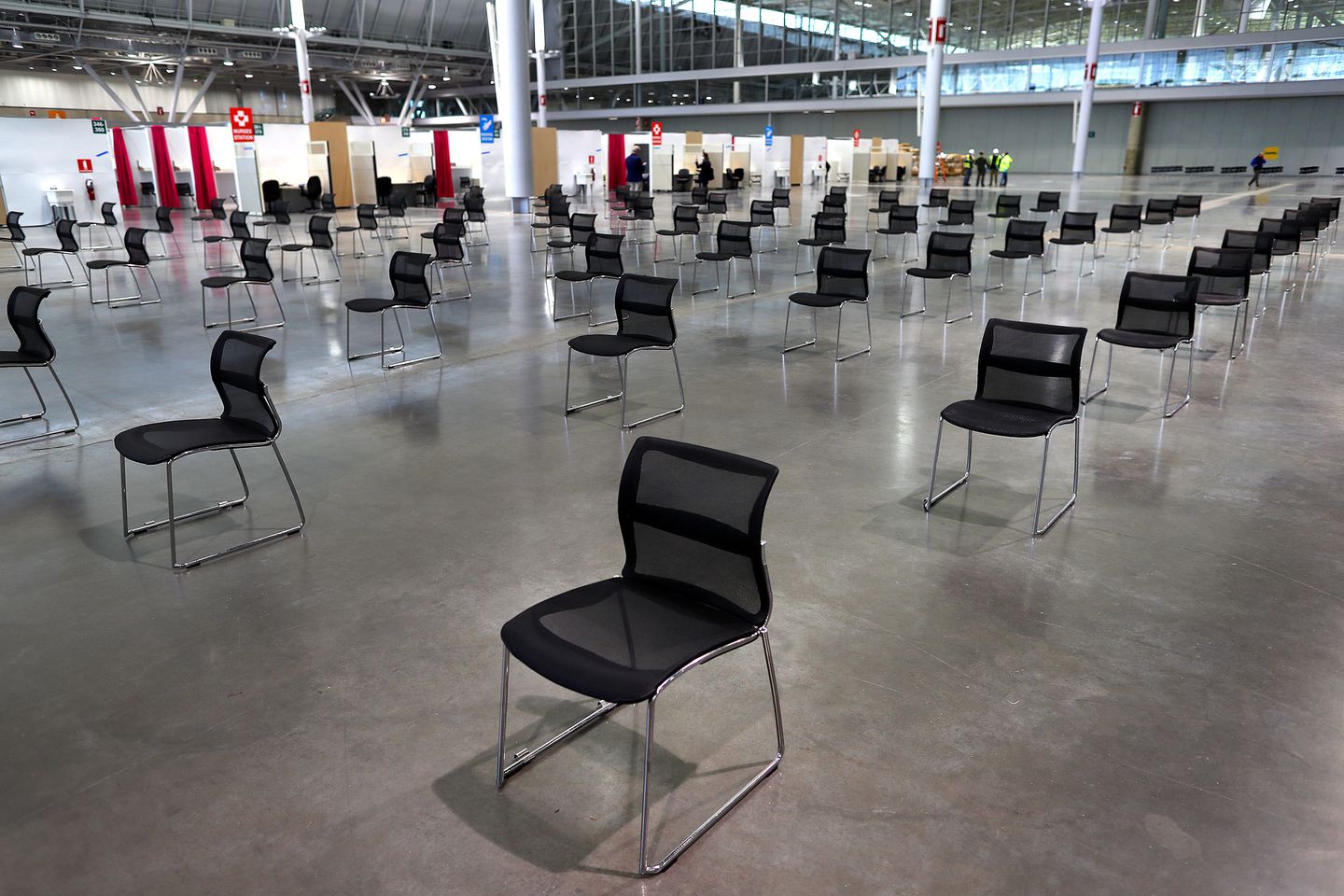Only July 8, the Eighth Judicial District in Nevada issued an order allowing a high-profile…
San Francisco Jury Panels
First to Hit 70% College-Educated
 San Francisco jury panels have always been among the most educated in the state, but have never been the most educated. Santa Clara has for years held that distinction due to the influence of the high-tech workforce. However, in the past two years, the percent of college-educated jurors in San Francisco has caught up and surpassed Santa Clara. San Francisco panels hitting the 70% college-educated plateau should come as no surprise to anyone who has seen the private high-tech buses picking up passengers on the streets of San Francisco to ferry them south into Silicon Valley. Nor should it come as a surprise to those affected by the dramatic increases in residential and commercial rents as high-tech companies and jobs have come pouring into the City.
San Francisco jury panels have always been among the most educated in the state, but have never been the most educated. Santa Clara has for years held that distinction due to the influence of the high-tech workforce. However, in the past two years, the percent of college-educated jurors in San Francisco has caught up and surpassed Santa Clara. San Francisco panels hitting the 70% college-educated plateau should come as no surprise to anyone who has seen the private high-tech buses picking up passengers on the streets of San Francisco to ferry them south into Silicon Valley. Nor should it come as a surprise to those affected by the dramatic increases in residential and commercial rents as high-tech companies and jobs have come pouring into the City.
It turns out that what we are seeing on San Francisco panels is backed up by census data. San Francisco has, in fact, gotten not only better educated, but also younger, since the Great Recession. Young, affluent post-grad professionals are displacing others in the City at an unprecedented pace. Between 2010 and 2014, more than 60,000 people moved out of San Francisco, and about an equal number moved in. So even though your BART train is impossibly crowded, there aren’t actually many more people living in the City than there were in 2010.
The 60,000 who have moved in, however, are not the same as the 60,000 who moved out. In addition to getting younger and better educated, the city is getting richer, whiter, and more male. The new residents have incomes 11% higher than those they replaced. Famously diverse San Francisco, however, is becoming less so by the month. African-Americans, especially young African-Americans, are among the most likely to be displaced. The African-American population has declined almost five percent in the last five years, and the population of young African-Americans by nearly ten percent. The Hispanic population, too, has dipped somewhat. In contrast, the number of white and Asian residents has increased (again, especially younger residents). And finally, the number of men under 50 has increased by about 4,000, while the number of women has stayed roughly static.
So, what impact will these demographic changes have on San Francisco jury panels? As has been noted, the most obvious impact has been on the level of education we have been seeing recently on jury panels in the City. Last year, we saw not one, but two, panels with 70% or more possessing four-year college degrees. While all of the San Francisco panels we saw last year did not hit this 70% plateau, all of them exceeded 50%. By comparision, ten years ago, a panel with 40% college graduates was considered high.
So, how, if at all, will these uber-educated high-tech juries decide cases any differently than less-educated panels. Conventional wisdom suggests that more well-educated jurors will be more favorable to civil defendants. Our experience, however, has been that is not necessarily so.
 In the first place, we have found that well-educated high-tech jurors often pride themselves on being free-thinking iconoclasts. They have chosen to work in an industry that thrives upon disruption of the status quo. They see themselves as agents of change who can make things better than before. And logic is valued above all, particularly above mindless adherence to policies and procedures.
In the first place, we have found that well-educated high-tech jurors often pride themselves on being free-thinking iconoclasts. They have chosen to work in an industry that thrives upon disruption of the status quo. They see themselves as agents of change who can make things better than before. And logic is valued above all, particularly above mindless adherence to policies and procedures.
Perhaps even more important than this free-thinking mindset is their approach to the law. Twenty years ago, it was common to talk about juror comprehension—that is, will jurors understand the law? With these highly-educated free-thinking jurors, juror compliance becomes a more serious issus. In short, while these high-tech jurors in San Francisco may understand the law, but they will not necessarily follow it. More so than ever before, they understand the processes that went into making the laws upon which they are instructed. And they are not necessarily going to accept them without reserve or exception. We may, in fact, begin seeing more instances of jury nullification in San Francisco courtrooms.
So, we see both hope and danger in the “new” San Francisco jury pool. With these new jurors, we think you can challenge their intellect without losing them. By the same token, you cannot assume that they will blindly accept, adhere to, or give weight to standard policies, procedures or even the law. We, thus, recommend that you think long and hard about the underlying assumptions of your trial strategy before walking into a San Francisco courtroom, for we can assure you that these uber-educated San Francisco jurors will.
If you would like a more thorough discussion of this topic, we would be glad to present this data as part of our ongoing CLE programming.



